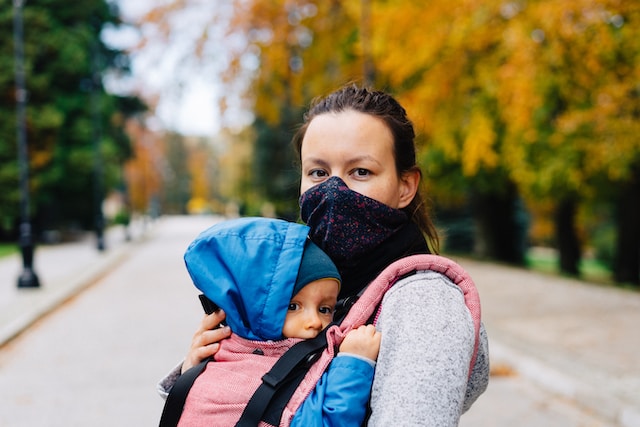Hispanic Heritage Month, from September 15 to October 15, serves as an important opportunity to remember and honor the contributions of the Hispanic community to the United States in the past and present and to look forward to a bright future.
While there is much to celebrate, it is also essential to continue to address disparities impacting Hispanic communities, including patient outcomes and access to care. These inequities are made all the more urgent as we approach respiratory virus season, along with the continued and ever-present challenge faced by COVID, including the new Pirola strain.
The importance of immunization
Looking back on reporting from Bio.News in August as part of coverage of National Immunization Awareness Month, a conversation with GSK on adult vaccine access highlighted that, “For Medicare, analysis found more than 30% reduction in overall claims for recommended vaccines among Black and Hispanic populations between 2019 and 2021. This highlights the significant potential impact and exacerbation on disparities in immunization rates in Medicare due to the pandemic.”
In September, the U.S. Food and Drug Administration (FDA) greenlit updated Pfizer-BioNTech and Moderna COVID-19 vaccines for individuals 6 months and older. Subsequently, the CDC Advisory Committee on Immunization Practices (ACIP) voted 13-1 to recommend everyone 6 months and older get an updated vaccine, and CDC Director Dr. Mandy Cohen signed off.
This is vitally important as COVID cases are surging and deaths are up 8 percent in the most recent week that CDC data is available, which was last updated on September 23, 2023. And with flu season also around the corner, getting immunized for it is also essential since, per CDC data published last year, flu-related hospitalizations were 20 percent higher for Hispanic adults than for white adults. Furthermore, it is essential to confront the challenge of the respiratory syncytial virus (RSV), which is a highly contagious virus and very prevalent during this time of year.
Over the course of the spring and summer, multiple products were approved for the prevention of RSV. GSK’s Arexvy vaccine was the first RSV vaccine to receive FDA approval in May 2023 for individuals 60 and over. Then, Pfizer’s Abrysvo was also approved by the FDA in May for use in adults over the age of 60, and in August, it received FDA approval for use in pregnant individuals to prevent lower respiratory tract disease (LRTD) and severe LRTD caused by RSV in infants from birth through 6 months. The vaccine is approved for use at 32 through 36 weeks gestational age of pregnancy. Also in August, the Centers for Disease Control and Prevention (CDC) added a recently approved monoclonal antibody (mAb), Beyfortus (nirsevimab), made by AstraZeneca and Sanofi, for respiratory syncytial virus (RSV) prevention to the list of recommended routine immunizations for infants.
“Disparity exists”
Meanwhile, as Bio.News discussed over the summer, at the 2023 Biotechnology Innovation Organization (BIO) International Convention during a session titled “Navigating Patient Access Barriers to Solve Public Health Challenges in Cardiovascular Disease,” Dharmesh Patel, M.D., MBBS, President of Partnership to Advance Cardiovascular Health, noted that, “Disparity exists, and female patients, those with Hispanic or African American descent, or those in southeastern United States, all are less likely to receive proper therapy for hypercholesterolemia (high cholesterol), for example.”
As the world continues to contend with the aftermath of the COVID-19 pandemic, according to the U.S. Census Bureau’s Household Pulse Survey (HPS), “Hispanic respondents were the most likely to report long COVID symptoms.” Ultimately, the COVID-19 pandemic brought to the forefront what has long been true: social determinants of health play a key role in promoting both health and health equity.
Looking ahead to a brighter future
The United States is a better, stronger, and more vibrant country thanks to the rich cultural, social, and economic contributions that have been and continue to be made by Hispanic, Latinx, and Afro-Latinx communities. BIO is proud of the work of its members to advance better health outcomes for these communities and is committed to maintaining strong ties with community advocates, not just during Hispanic Heritage Month, but every month.




